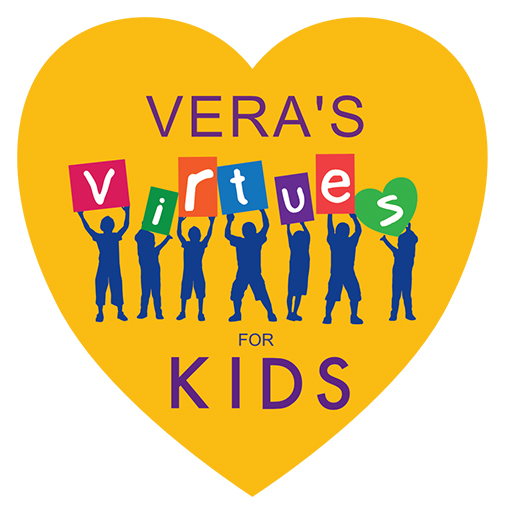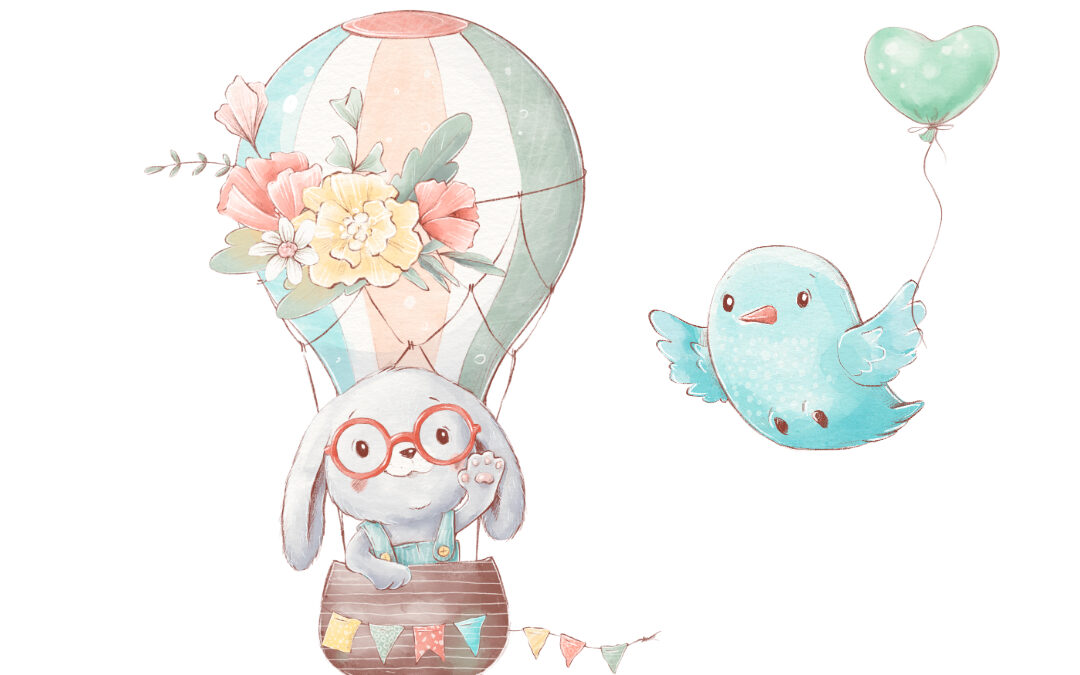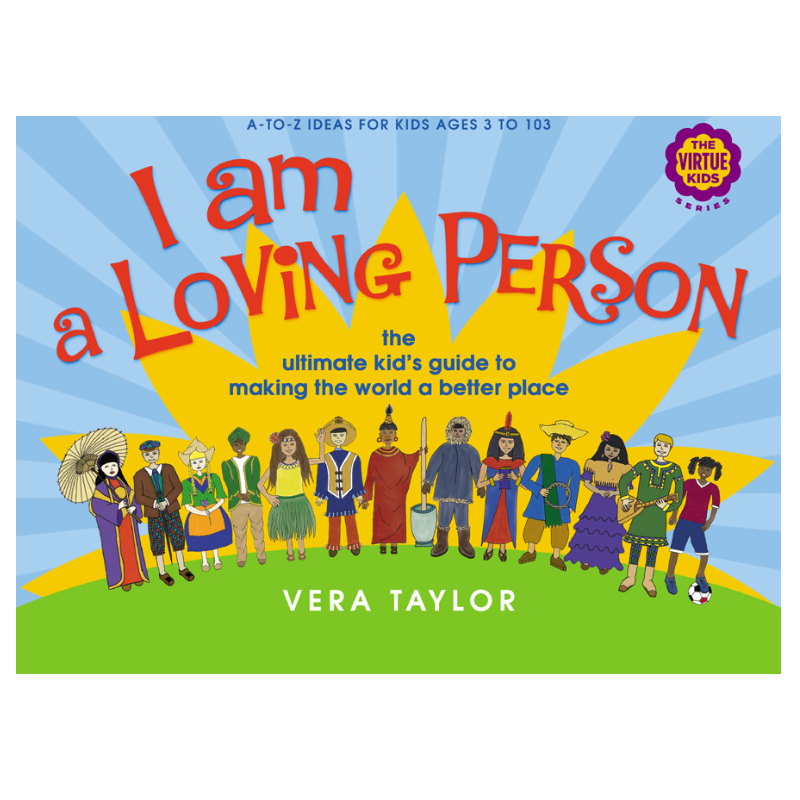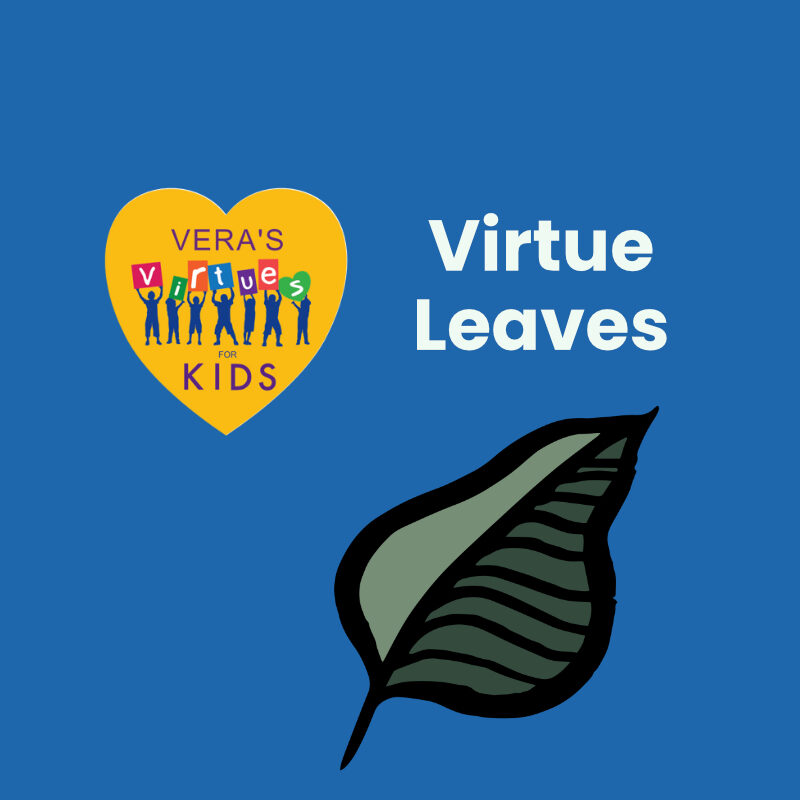Observe Courtesy for above all it is the prince of virtues.
– Bahá’u’lláh
This article defines courtesy and states why it is important. It also contains a list of behaviors that courteous people avoid. In Tablet of the World, Bahá’u’lláh wrote “… observe courtesy, for above all else it is the prince of virtues. …” Virtues are gifts of character that we are born with. Another word for courtesy is politeness or civility. All humans deserve courtesy. It is important because it brings self-respect and nobility to man. It attracts kindness and other people to you. It leads to harmony wherever it is practiced.
One example of its importance concerns children being disruptive in meetings. Parents are responsible for their children. They should make them behave or take them out of the meeting. This action ensures the meeting can be properly conducted. Also, it is a part of training children in courtesy, consideration for others, reverence, and obedience to their parents. (Universal House of Justice)
Behaviors that courteous people avoid:
- Being rude or disrespectful by using foul language, making personal attacks, or ignoring someone
- Being inconsiderate of others by saying or doing things that hurt their feelings
- Being unhelpful or uncooperative by refusing to help or by making things difficult
- Being unmindful of surroundings by inconveniencing or disrupting other people
- Being disrespectful of others’ property by damaging or misusing it
- Belittling the views of other people by devaluing them in speaking or writing
- Interrupting people when they are speaking
- Talking on a cell phone in public places
- Not tipping after receiving a service
- Not saying “please” and “thank you“ when asking for or after receiving a service
In summary, courtesy is the prince of virtues. All ages should observe it in things they say and do. Children learn courtesy best by seeing it. They need experience to practice it. Recognizing improvement nurtures it.
-
Sale!

Virtue-Based Activities for Ages 4-7
Original price was: $50.00.$25.00Current price is: $25.00. -
Sale!
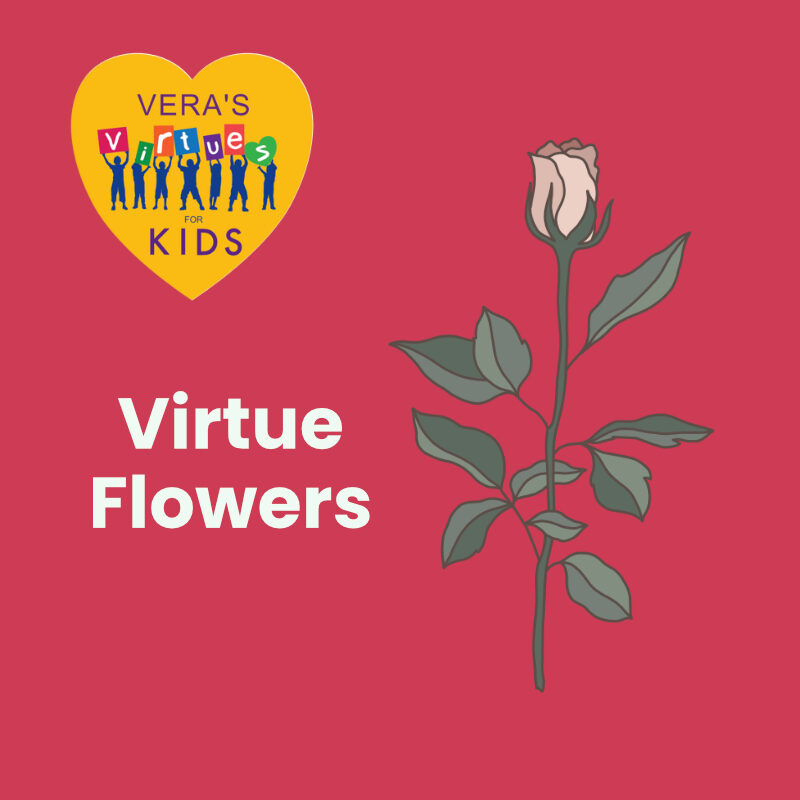
Top 20 Friendship Virtues for Ages 8+
Original price was: $60.00.$30.00Current price is: $30.00. -
Sale!

Vera’s Virtues Resources for All Ages
Original price was: $82.00.$41.00Current price is: $41.00.
